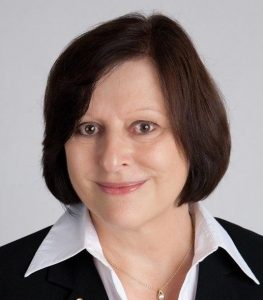
Bio
Frieda Ruppaner-Lind, a native of Germany, has been a full-time freelance translator for nearly three decades. She is a graduate of the Translators and Interpreters Institute at the University of Heidelberg, Germany, with a degree in translation for English, Spanish and economics as a minor. As an active member of ATA since 1987 and certified for E<>G, she served two terms as Administrator of ATA’s German Language Division, four years as Division Committee Chair, and completed her second three-year term on ATA’s Board of Directors in October 2018. As Chair of the Business Practices Education Committee from 2014 through 2018, she was responsible for organizing the Brainstorm Networking event at the annual ATA Conference for the past four years. She has held several positions on the Board of Directors of the Mid-America Chapter of ATA (MICATA) over the last 17 years, including several terms as chapter President, and is still involved as a director.
Abstract
The changing landscape of our profession
Translators and interpreters are increasingly confronted with new developments that are changing the landscape of how we work. From the introduction of CAT tools over two decades ago to machine translation, post editing, video remote interpreting and artificial intelligence, change is something we cannot escape. What does this mean for us as 21st century language professionals? How can we proactively prepare for these changes, and where do we find the resources to do so? As the US’s largest professional association for the language professions, ATA, The Voice of Interpreters and Translators, is closely following these developments and is providing information and resources for professional development. By understanding these new technologies and their effect on our work, we will all be better prepared to thrive as translators and interpreters in the coming decades.
